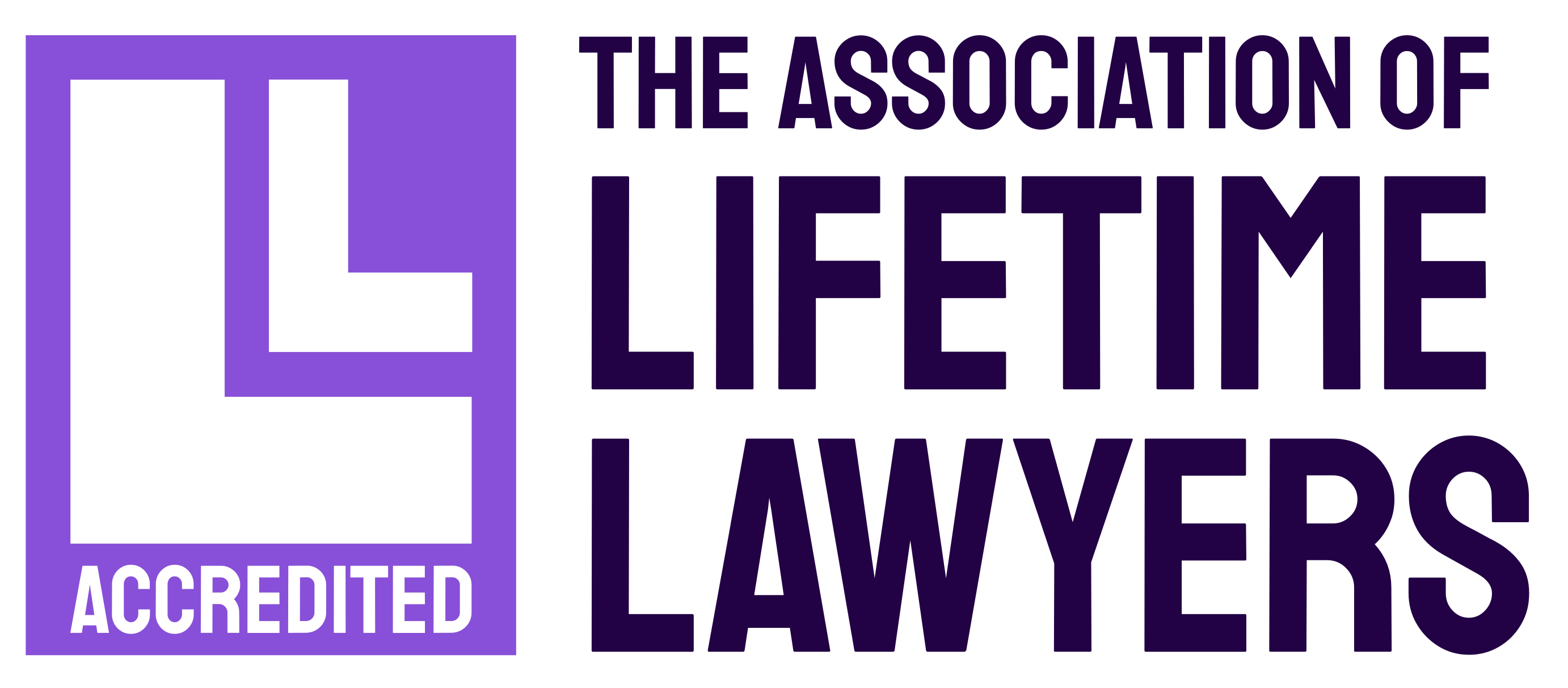News & insights
The basis for awarding remedies for proprietary estoppel is clarified following the long-awaited judgment in the complex farming property dispute of Guest v Guest (2022)
12th December 2022

The correct basis on which to value an award under the doctrine of proprietary estoppel (i.e., claims to enforce a broken promise) has long been a subject of contention. However, The Supreme Court has clarified the position, having handed down its judgment following the hearing of Guest v Guest [2022] UKSC 27, which took place on 2 December 2021.
“One day, my son, all this will be yours” is a phrase often mentioned in relation to farming families. This case centred around Andrew Guest’s claim that his father had promised him the family farm, but later changed his mind.
Relying on a promise of inheritance from his father, Andrew spent the best part of his working life on the family farm, working at very low wages, in the expectation that he would succeed his father as owner of the farm. His intention was, he says, to be able to continue farming there, and in due course to pass on the farm to his own children.
However, from around 2008, the relationship between Andrew and his parents, David and Josephine Guest, began to deteriorate. In May 2014 David and Josephine made new wills removing Andrew’s inheritance and, ultimately, in April 2015 dissolved their farming partnership with Andrew, giving him notice to leave the cottage on the farm in which Andrew and his family lived.
Andrew’s Claim
Andrew took the unusual step of claiming against his parents’ estates, even though they were still alive. His claim centred around the doctrine of proprietary estoppel – the idea that an asset has been promised to someone who, relying on that promise, has acted to their detriment. Here, Andrew claimed that he had worked for many years for a low wage, missing out on other opportunities.
Andrew’s claim was accepted by the England and Wales High Court (EWHC), however the lump sum payment of £1.3 million awarded to him, (which represented half the value of the business plus 40 per cent of the value of the land and buildings) would mean that the farm would have to be sold.
The Appeal
His parents appealed to the Court of Appeal, arguing that Andrew’s award should have been based on the amount of work he had done on the farm, not on his idea of what he had been promised.
Generally, awards in matters like this are intended to be the minimum needed to do justice. David and Josephine claimed that the EWHC’s award went beyond that. They pointed out Andrew had never expected to receive anything until they died, so his award should have been discounted to take into account that he was essentially receiving assets early.
The Court of Appeal again ruled in Andrew’s favour, so David and Josephine took the matter to the UK Supreme Court, which has now given a judgment.
All five judges considered that Andrew was due some recompense but could not agree on how to devise a fair remedy. Should Andrew be put in the position he would have been had the promise been fulfilled? Or should he be put in the position he would have been had he not relied on the promise, and taken up the other opportunities which may have come his way? Depending on the facts, these two routes could produce vastly different figures.
In a split judgement the Supreme Court ruled that, if the promise cannot fairly be enforced, the compensation should not be limited to the detriment Andrew suffered, but that that detriment should be a guide.
Ultimately, they ruled that either the farm should be transferred into trust for David and Josephine during their lifetimes, but after they had died for Andrew; or to pay Andrew a lump sum of compensation now, but with a reduction to properly reflect his earlier-than-anticipated receipt. Perhaps surprisingly, the ruling also provided that David and Josephine could choose between these options – a ‘clean break’ now, which may result in the farm being sold, or putting the farm into trust for Andrew.
Conclusion
It will be interesting to see whether the approach taken will encourage settlement of proprietary estoppel claims and reduce the number of cases which reach trial. The decision particularly shows the flexible options open to the Court. That flexibility can be both welcome to prospective claimants, ensuring that remedies are fair, but also concerning, as it can lead to uncertainty.
What is certain, however, is that succession planning needs to be dealt with carefully. Specialist advice should be taken and, if possible, open and frank conversations had between the family to make expectations clear. Any promises or assurances made or received should be properly documented and agreed to avoid any miscommunication, and Partnership Agreements and Wills should be kept up to date.
If you would like to gain a better understanding of your/your business’ position, please get in touch with our Farms & Estates Team.

Gillian Ibbotson (TEP, FALA)




